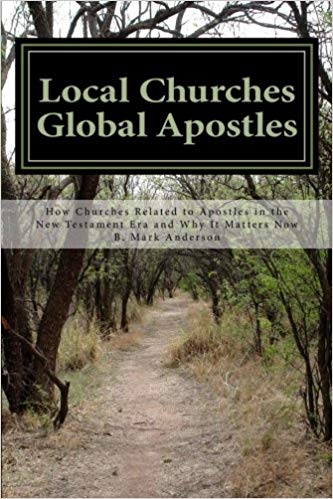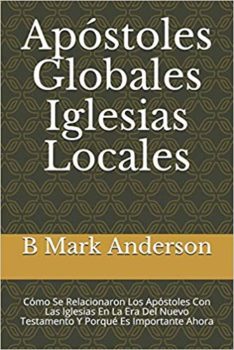Editors note: This article was first posted by By April 8, 2016.
Global Outreach Day
May 21
Across the World
There are five million fewer people claiming to be Christians today compared to nine years ago, according to a recent Pew Research Study. This May, millions of Christians are rallying together to change this trend by proactively engaging in conversations about their faith in Jesus Christ.
On May 21, believers across the U.S. will unite through a commitment to share the Gospel with at least one person during Global Outreach Day. Cru, an interdenominational Christian evangelism organization, is supporting Global Outreach Day by encouraging Christians to share their personal stories and introduce God’s story to others.
Global Outreach Day provides Christians with extra confidence to share their faith with others, knowing they are joined in their efforts by millions around the world. In 2015, 1.7 million people made decisions to commit their lives to Jesus as a result of Global Outreach Day efforts, and more than 43.2 million Gospel tracts were distributed.
While some Christians may desire to share their faith but feel unprepared, Cru provides resources and programs tailored for people from all walks of life.









